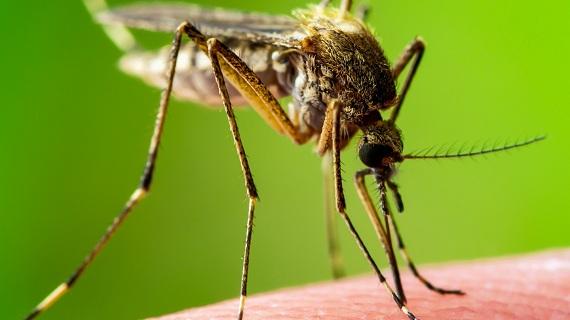
The Minister of Health, Dr Osagie Ehanire, on Wednesday said that the 2021 Nigeria Malaria Indicator Survey (NMIS) would generate the much needed data to help the country review its strategies.
Ehanire, represented by Alhaji Mahmuda Mamman, Permanent Secretary in the ministry, said this in Abuja during the inauguration of the 2021 Nigeria Malaria Indicator Survey.
“It is my hope that this 2021 NMIS will generate the much needed data that will help us to review our strategies for combating the malaria menace in our country.
“To also identify gaps, as well as afford us the opportunity to contribute our individual and collective quota to the elimination of the disease,’’ he said.
The minister said that the last in-country malaria indicator survey was conducted in 2015, during which information derived from the study provided Nigeria the opportunities to ascertain the progress made.
According to him, malaria remains a major cause of hospital attendance in Nigeria.
He said that the World Malaria Report 2020 indicates that the prevalence of malaria was more associated with children under five years and pregnant women and was the cause of estimated 94,070 deaths and 61 million malaria cases
However, Ehanire said that there had been significant achievements recorded with the huge investments made by partners and the government.
He said that based on the trajectory in the achievements being recorded over time, there has been a gradual paradigm shift from malaria control to elimination.
The minister said this was made clear by evidences tracked over the years and the use of innovative technologies in activity implementation.
He said that government and partners have committed funding and provided technical and logistic support in the control efforts.
“It is therefore expedient to assess what had been achieved and to utilise the information garnered to guide decision making and strategic planning,’’ Ehanire said.
The minister further said that when the survey was completed, it would reflect how the key findings align with the performance framework of the operating National Malaria Strategic Plan.
“In the course of this survey nearly 12, 000 households in about 560 communities will be visited nationwide.
“Nearly 1,000 personnel from local guides to interviewers, nurses and biomarkers will be involved,’’ he said.
Earlier, Mamman in his speech, said that achieving the plan and indeed the health sector mandate was intrinsically tied with the country’s ability to generate good data for evidence-based decision making and proper planning.
He said that the previous surveys had helped in finding the most desirable and necessary high-impact interventions which also placed Nigeria on a sustainable path to malaria elimination but improve the overall health indices.
“It is therefore, expected that such data generating drive should be sustained in a periodic manner,’’ Mamman said.
He added that prior to this launch, an intensive training was conducted to ensure the production of high-quality data from the field work shortly to be embarked on.(NAN)










